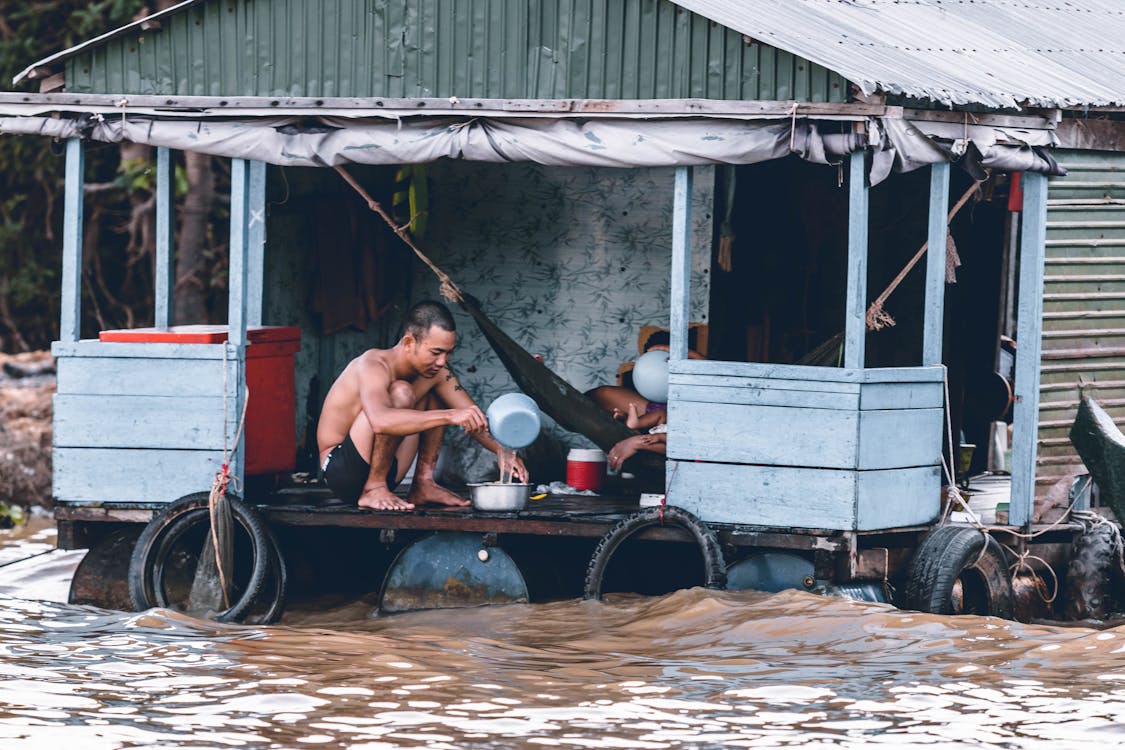
Russia, Kazakhstan evacuates 100,000+ in historic floods
Apr 10, 2024
Moscow [Russia], April 10: Russia and Kazakhstan ordered more than 100,000 people to evacuate after swiftly melting snow swelled mighty rivers beyond bursting point in the worst flooding in the area for at least 70 years.
The deluge of melt water overwhelmed scores of settlements in the Ural Mountains, Siberia and areas of Kazakhstan close to rivers such as the Ural and Tobol, which local officials said had risen by metres in a matter of hours to the highest levels ever recorded.
The Ural River, Europe's third longest which flows through Russia and Kazakhstan into the Caspian, burst through an embankment dam on Friday, flooding the city of Orsk just south of the Ural Mountains.
Downstream, water levels in Orenburg, a city of around 550,000, rose towards the critical level of 9.3 metres as sirens warned major floods were imminent. The water level is currently 9.14 metres.
Sirens in Kurgan, a city on the Tobol river, a tributary of the Irtysh, warned people to evacuate immediately. An emergency was also declared in Tyumen, a major oil producing region of Western Siberia - the largest hydrocarbon basin in the world.
President Vladimir Putin spoke to President Kassym-Jomart Tokayev of Kazakhstan, where over 86,000 people have been evacuated due to flooding. Tokayev said the flooding was probably the worst in 80 years.
The most severely hit areas are Atyrau, Aktobe, Akmola, Kostanai, Eastern Kazakhstan, Northern Kazakhstan and Pavlodar regions, most of which border Russia and are crossed by rivers originating in Russia such as the Ural and the Tobol.
In Russia, anger boiled over in Orsk when at least 100 Russians begged the Kremlin chief to help and chanted "shame on you" at local officials who they said had done too little.
The Kremlin said Putin was getting updated constantly on the situation but that he had no immediate plans to visit the flood zone as local and emergency officials were doing their best to cope with the deluge.
Source: Fijian Broadcasting Corporation






